RADIO-DIAGNOSIS
-
-

-
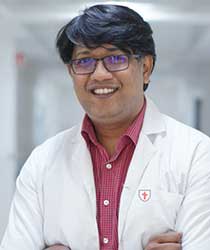
-
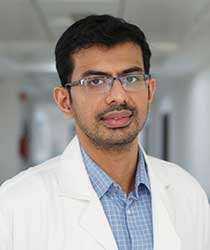
-
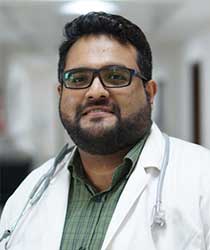
-
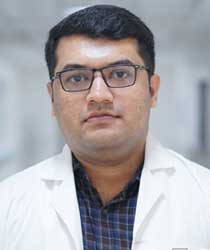
-

-
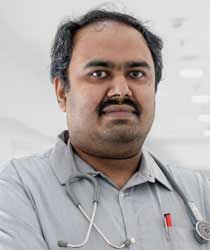
-
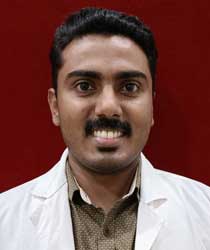
Dr. Anand Krishnana Dev C
- Assistant Professor
-
Read more..
-

-
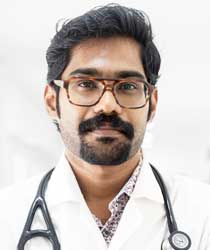
Dr. Prince Hiliston Thomas
- Senior Resident (SR)
-
Read more..
Mission and Educational Objectives
The UG and PG programs in Radiodiagnosis at Believers Church Medical College aim to provide students with comprehensive knowledge and skills in medical imaging and diagnostic radiology, facilitating accurate diagnosis and effective patient management.
Curriculum
- Comprehensive curriculum covering fundamental principles of radiology, imaging modalities, radiographic interpretation, and diagnostic procedures.
- Integration with other medical disciplines to ensure a multidisciplinary approach to patient care and diagnostics.
Clinical Training
- Practical clinical training in radiology departments, imaging centers, and hospital settings to develop proficiency in performing and interpreting various radiological examinations.
- Exposure to a wide range of medical conditions, including trauma, neoplasms, musculoskeletal disorders, and congenital anomalies.
Faculty Expertise
- The department is staffed with experienced and specialized radiologists with expertise in various imaging modalities and subspecialties.
- Faculty members actively engage in clinical practice, research, and academic activities to enhance radiological knowledge and patient care.
Technology Integration
- Utilization of modern medical technology, including advanced imaging equipment such as MRI, CT, ultrasound, and digital radiography, for accurate diagnosis and patient management.
- Training in the use of digital tools for image interpretation, PACS (Picture Archiving and Communication Systems), and electronic health records.
Critical Thinking and Problem-Solving
- Emphasis on developing critical thinking skills for accurate interpretation of radiological findings and effective diagnosis of complex medical cases.
- Case-based learning and clinical discussions to enhance problem-solving abilities specific to radiological practice.
Patient-Centered Care
- Focus on patient communication, empathy, and shared decision-making in the delivery of radiological services.
- Training in ethical practices and patient confidentiality in the context of radiological examinations and procedures.
Postgraduate (PG) Program
- Specialization and Subspecialties: The PG program offers opportunities for specialization in various subspecialties of radiodiagnosis, including neuroradiology, musculoskeletal imaging, interventional radiology, and more.
- In-depth training in advanced imaging techniques, interventional procedures, and subspecialty areas of interest.
Research Opportunities
- Encouragement for PG residents to engage in clinical and translational research projects in the field of radiology.
- Collaboration with faculty on ongoing medical research initiatives aimed at advancing radiological science and technology.
Continuing Medical Education
- Regular participation in national and international radiology conferences, workshops, and seminars.
- Staying updated on the latest advancements in radiological imaging techniques, diagnostic algorithms, and evidence-based practices.
Teaching and Training
- Involvement in undergraduate and postgraduate medical education, providing teaching and mentorship to students and residents in radiological principles and practices.
- Training in medical education principles and effective teaching methodologies specific to radiology.
Patient Care Leadership
- Training in leadership and management skills for effective coordination of radiological services within healthcare settings.
- Involvement in multidisciplinary healthcare teams for comprehensive patient management, ensuring the integration of radiological findings into patient care plans.










